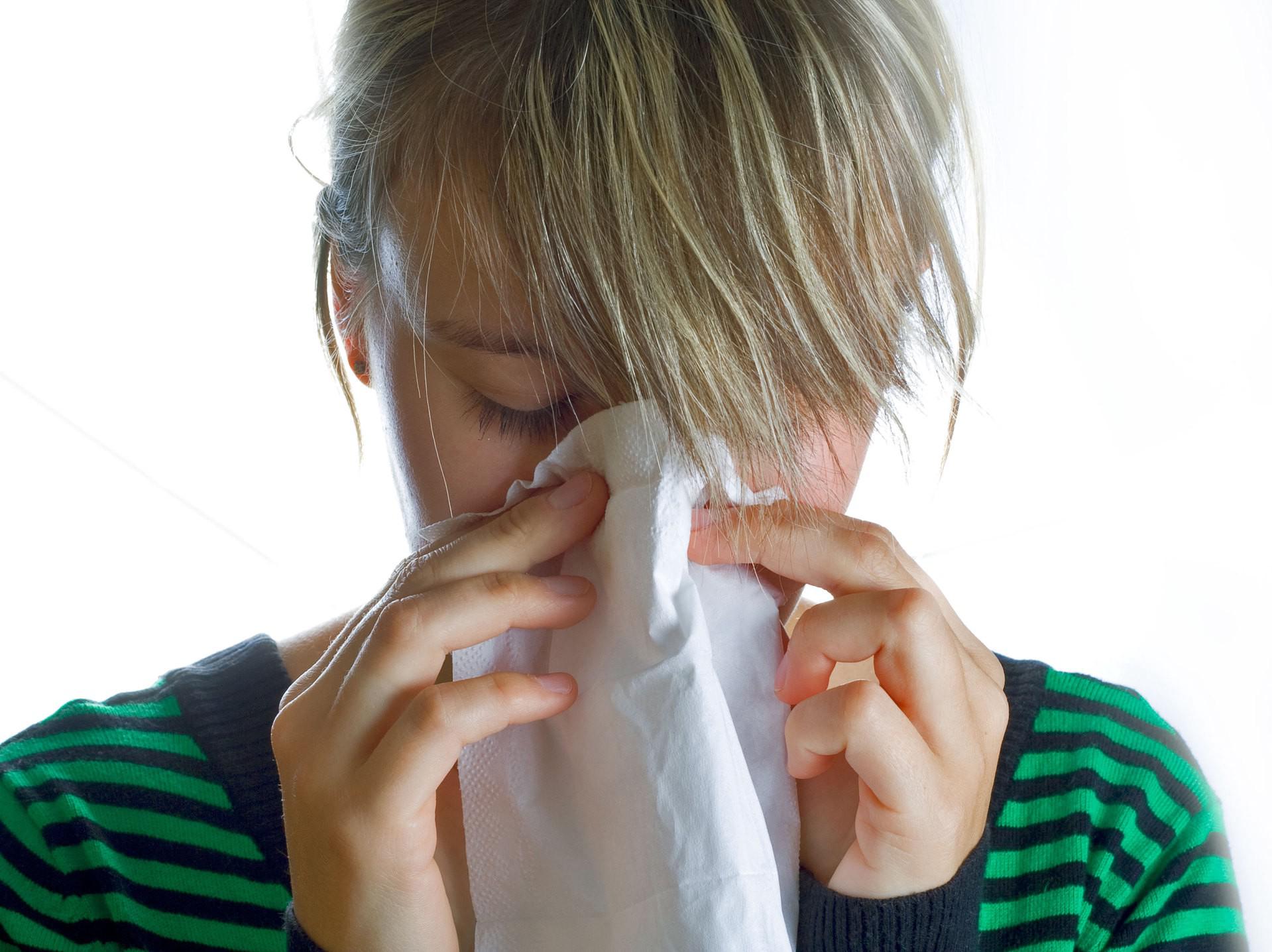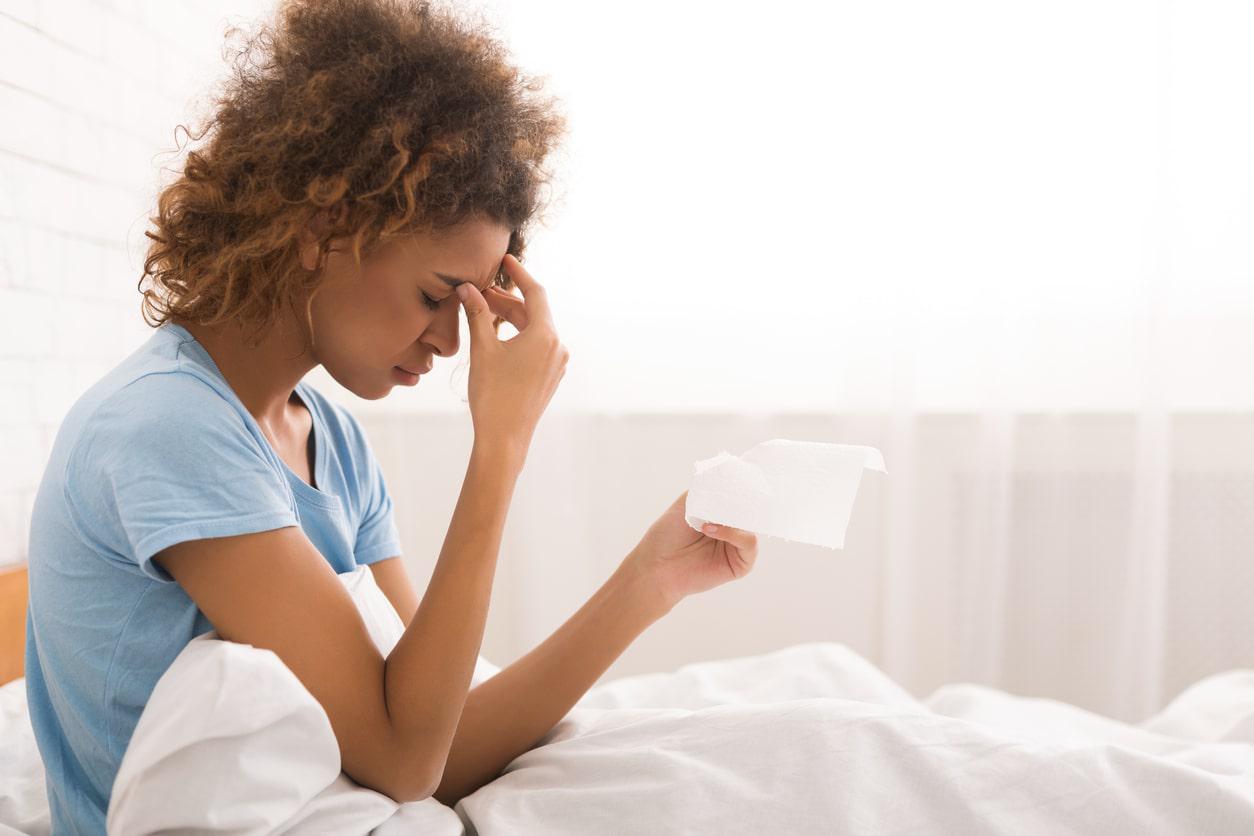Allergies Making You Tired? Here's How to Cope
Have you ever felt so tired that no amount of sleep or coffee seems to help? If your allergies have been acting up, that might be the reason why you're so tired. You may not realize this, but allergies and fatigue go hand in hand. Fatigue is one of the most common side effects of allergic reactions.
Both fatigue and allergies can interfere with your daily activities. Read on to find out how allergies can make you so tired and how you can deal with it.
How Allergies Cause Fatigue

You may be asking, "How can allergies cause fatigue?" Well, there are many ways, actually. Sometimes, allergic reactions can affect the quality of your sleep. Other times, your allergy medications may be the culprit.
If you want to combat fatigue, you must be able to pinpoint the causes first. Here are some common culprits of allergy-related fatigue.
1. Histamine overload
Your body releases histamine when you come into contact with allergens. Within the brain, histamines help regulate the circadian rhythm of your body. Having too much histamine in your body can cause insomnia, reducing the quality and quantity of your sleep. Thus, making you tired in the morning.
2. Weakened immune system
The more allergens you come into contact with, the harder your body works to fight them off.
3. Obstructive sleep apnea (OSA)
Allergies, especially those caused by dust, pollen, and other airborne substances, can cause severe breathing problems. In turn, they can cause obstructive sleep apnea, or OSA, which is a sleeping disorder. OSA can lower the quality of your sleep significantly, making you tired during the day.
4. Allergy medications
Lastly, certain allergy medications can cause drowsiness and fatigue. This is because they work by blocking histamines, causing you to be sleepy after taking them. If you believe this may be the case, contact your doctor and see if you can get non-drowsy medications.
Dealing with Allergy-Related Fatigue

Now that you know how allergies and fatigue are connected, you may be wondering how to combat it. Follow these tips to find relief.
1. Avoid allergens
The best way to prevent allergy-related fatigue is to limit your exposure to allergens. If you're not sure what triggers your allergies, consult a doctor. But to help you get a general idea, here are some of the most common allergens.
Pollen
If you seem to have a flare-up of your allergies every spring, you may be allergic to pollen. Watch out for pollen count, especially when it's hay fever season.
Dust and dust mites
Dust and dust mites can really mess up your breathing abilities. Make sure to always keep your house clean.
Pet dander
Animal dander can also trigger allergic reactions. To help you with your pet dander allergy, keep a pet-free zone in your house and avoid using carpet and rugs.
Mold
A lot of people are allergic to mold spores. In fact, a quarter of all Americans suffer from a mold allergy. If you suspect you have mold problems at home, get a professional mold removal service.
2. Keep a clean environment
Keeping a clean house is especially important if you're allergic to dust, mold, and pet dander. Here are some things you can do to keep your house spick and span.
Wash sheets and blankets regularly
Dust mites can settle in your sheets and blankets. Make sure to wash them regularly, at least once a week, to avoid dust mites.
Vacuum once or twice a week
Keep your house clean by vacuuming regularly. But, make sure that your vacuum has a HEPA filter to be able to pick up all the allergens and impurities.
Scrub the bathroom regularly
Mold loves damp environments such as your bathroom. Scrub your bathroom tiles regularly to prevent mold growth.
3. Maintain healthy habits
Take care of your body by maintaining healthy habits. This way, your body will be able to handle allergic reactions better and reduce fatigue.
Eat a balanced diet
You are what you eat. Keep a balanced diet to keep your body healthy and the allergic reactions away. Also, increase your intake of magnesium as well as vitamins B and C to help with fatigue. Here are some foods you should include in your diet:
-
Citrus fruits
-
Berries
-
Potatoes
-
Spinach
-
Avocados
-
Pumpkin seeds
-
Brown rice
-
Eggs
-
Milk
-
Meats
Stay hydrated
Staying hydrated is essential in maintaining your health. It's especially important if you're suffering from allergies since dehydration can make the symptoms worse. Drink lots of water and herbal teas, but stay away from alcohol, caffeine, and sugary drinks.
4. Get better sleep
If your allergies have been making it hard for you to get a good night's rest, try some of these tips.
Take a warm shower before bed
A warm bath or shower is always a great way to unwind. It will also open your nasal passages and wash away any allergens on your body, alleviating your allergic reaction symptoms and help you sleep better.
Drink hot beverages
Hot drinks before bed can help you relax and improve your sleep quality. Try drinking one of these hot beverages before sleeping:
-
Warm milk
-
Warm malted milk
-
Hot cocoa
-
Chamomile tea
-
Peppermint tea
-
Decaffeinated green tea
-
Coconut water
Take a melatonin supplement
Melatonin is an essential sleep hormone that tells your brain to relax. To get a good night's sleep, you might want to consider getting melatonin supplements. Don't forget to consult your doctor and figure out if it's compatible with your current medications.
Takeaway Message
So, do allergies cause fatigue? Yes, they do. The good news is there are ways to manage it. Hopefully, this article has given you some ideas on how to deal with allergy-related fatigue. Remember, the best way to prevent it is to limit your contact with allergens. Fewer allergens means better sleep quality and less fatigue. Good luck!
YOU MAY LIKE
-
7 Steps to Help an Alcoholic
-
Five Best Ways to Prevent Stretch Marks
-
Where Do Lice Come From: Best Tips for You
-
Best Ways to Make Your Nails Grow Faster
-
Can Vitamine E Be Used for Scars?
-
How to Get Rid of Blackheads Quickly and Safely
-
Itchiness After Shaving: How to Deal With It
-
Best Ways on How to Get Rid of Double Chin
-
All You Need to Know About Getting and Caring for a Nose Piercing
-
Worried About How to Stop Hair Growth? Here Are Some Brilliant Solutions!
